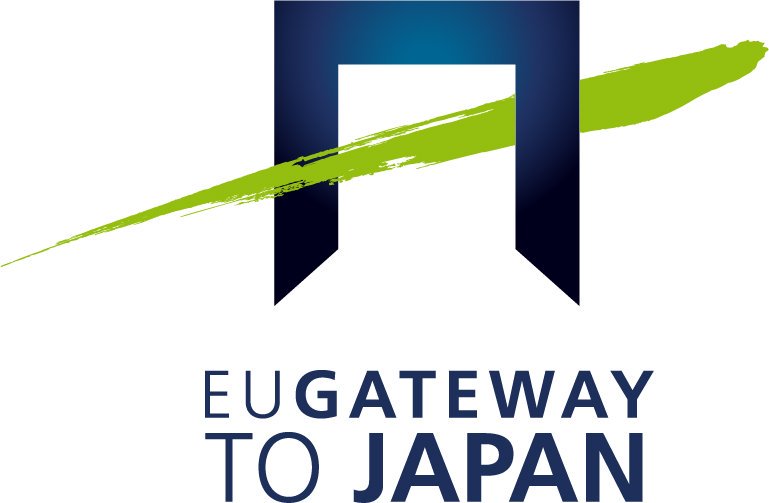Despite the fairly loyal attitude of Japan’s financial regulators to the crypto-industry, which has recently been self-regulated, local authorities continue to develop new measures to control services that work with digital currencies.
During the ninth meeting of the Japan Financial Services Agency (FSA) research group devoted to cryptocurrencies, the country's financial authorities discussed the conditions for creating a legislative framework for monitoring the operation of crypto-wallets . What is the reason for this decision and how it will affect the work of the crypto market in Japan – read our material.
According to the current law on payment services in Japan, all companies providing services in the field of trading with digital assets must be registered as cryptocurrency exchanges and receive a FSA license. Today, there are 16 licensed cryptobirds in the country. In March of this year, licensed trading platforms merged into the Association of Virtual Currency Exchanges (JVCEA) in order to receive the status of a “certified business association in the field of financial settlements”.
JVCEA is also responsible for resolving all contentious issues and creating a regulatory framework responsible for monitoring the activities of local cryptobirds. In October of this year, Japan’s chief financial regulator decided to grant this crypto association a status of self-regulation.
However, due to the fact that crypto-wallets do not provide services in the field of trading in digital currencies, but simply manage assets by transferring them to customers, their activities are not subject to the jurisdiction of either the FSA or the JVCEA.
“Crypto wallets are like a bank account where digital currencies are stored. These services, like cryptobirds, work with huge amounts of cryptocurrencies, but they do not obey the laws or regulators, ”the local publication Itmedia explained the position of the financial authorities.
Nevertheless, the FSA understands that the purpose of cryptocurrency wallets is to manage settlements, which means that the country's main financial agency needs a set of rules to regulate their activities.
During the meeting of the FSA research group, the focus was on digital asset storage service providers, rather than hardware wallets and software developers, since many wallets exist as a code without a manager or company. At the same time, regulators noted the need for the new legal framework to comply with international standards for the prevention of money laundering and the financing of terrorism, which were developed by the Financial Action Task Force (FATF).
Implementation of the legislative project
During the meeting, the FSA research team separately considered the risks associated with the use of digital asset storage services. According to the group, first of all, users of these services are faced with cases of loss of funds during cyber attacks, malfunctions of wallets and money laundering.
In this connection, the list of regulatory measures will include :
- Creation of internal control systems;
- Managing cryptocurrencies owned by the service provider and its customers;
- Audit of financial statements;
- Publication of company policy in case of hacking;
- Providing reserve funds to compensate customers for lost funds.
Also, according to the plans of financial regulators in Japan, during the transition to the new rules, cryptocurrency storage services cannot add new service providers, customers or cryptocurrency and tokens . Moreover, these services will be required to publish on their official websites the status of their registration with the FSA. And those services that refuse to register will be closed. At the same time, the time frame for the introduction of new rules is not specified.

